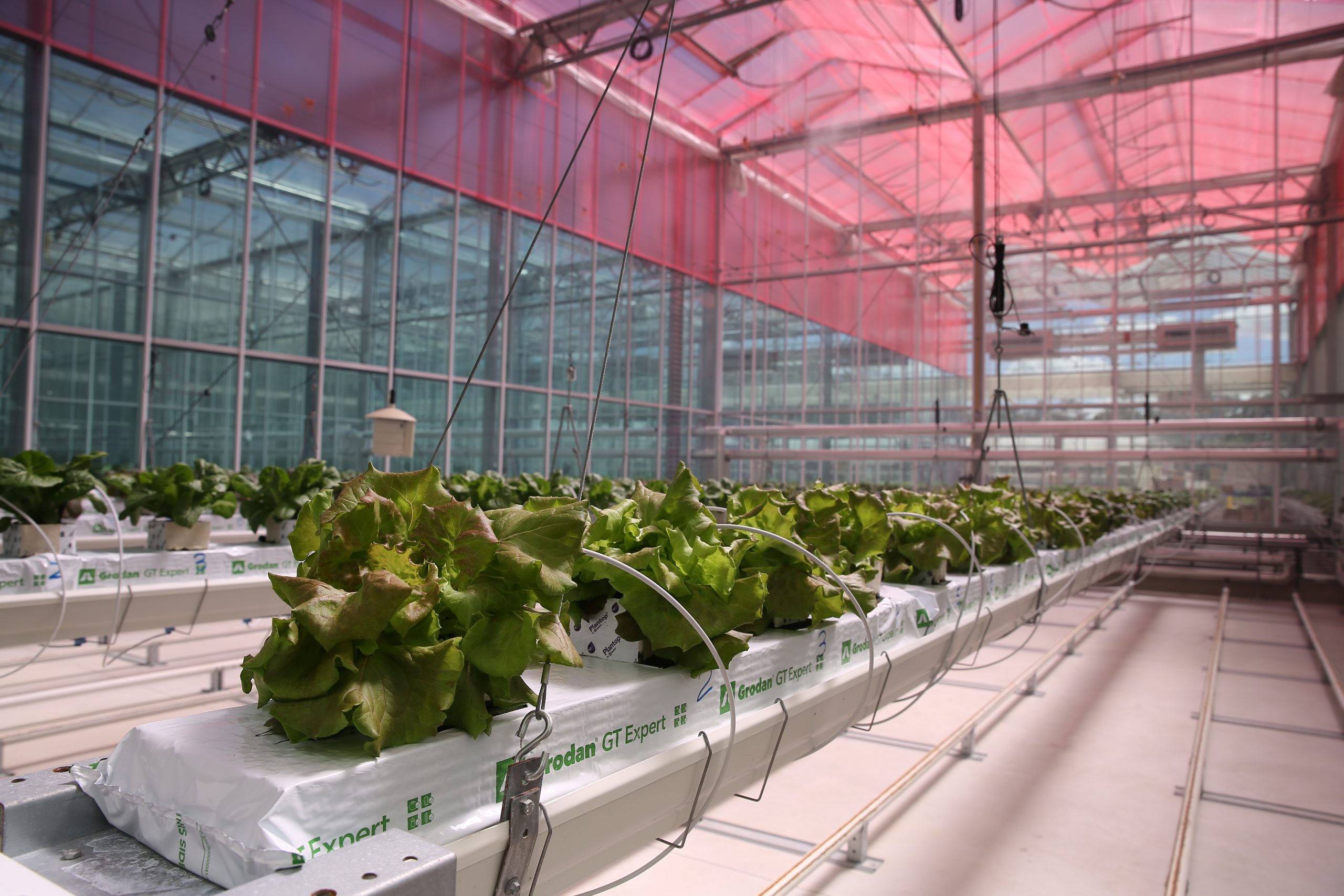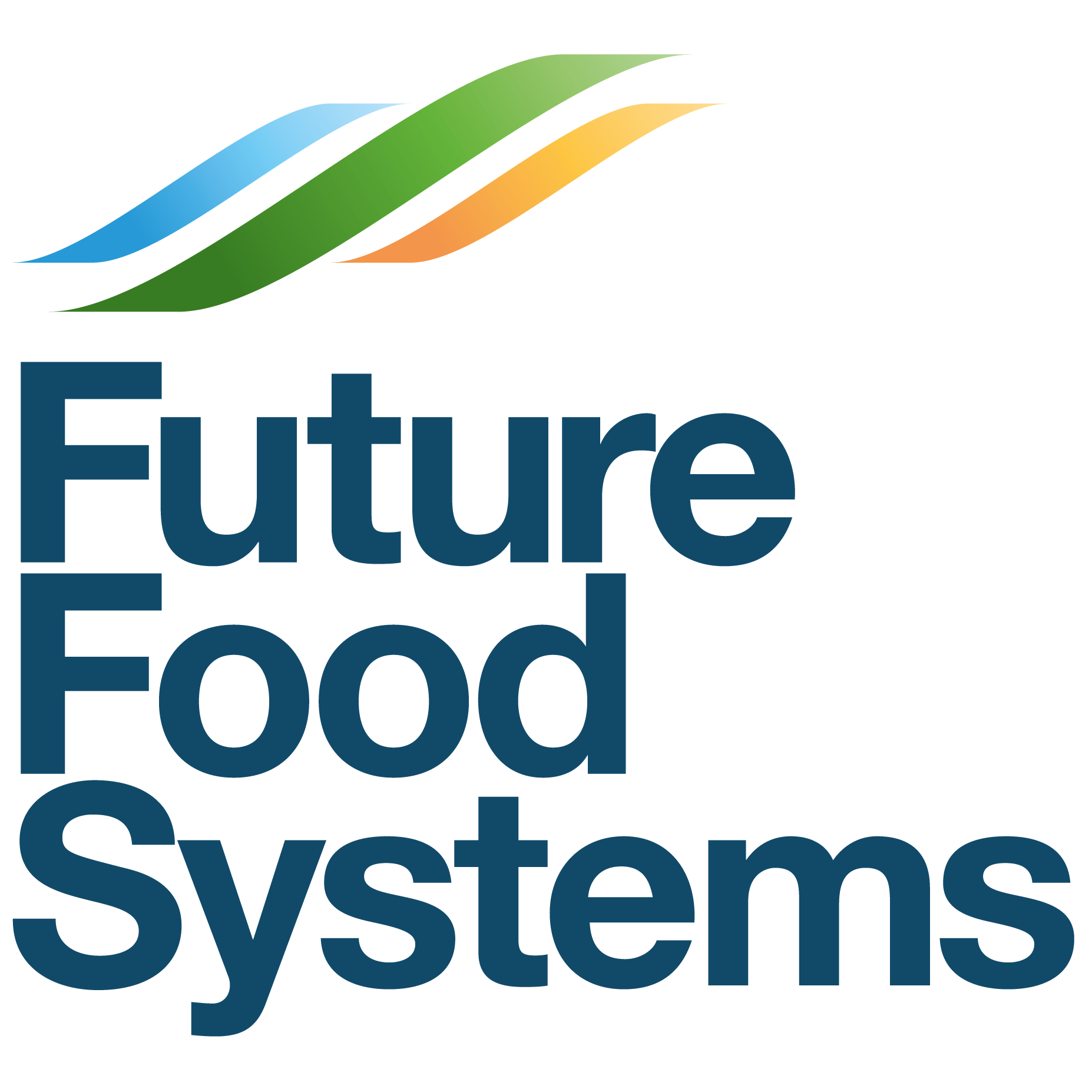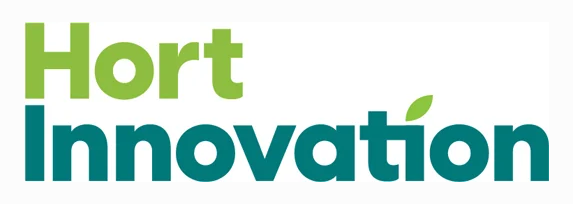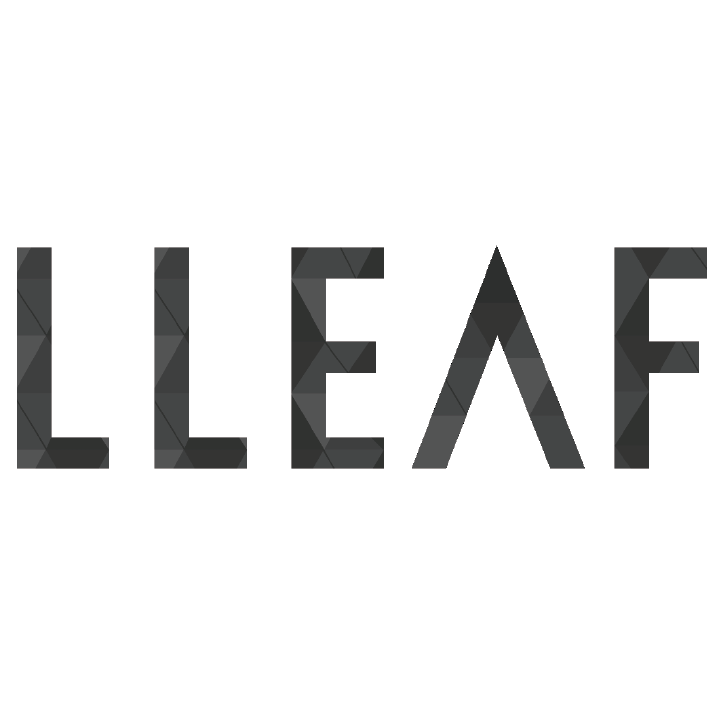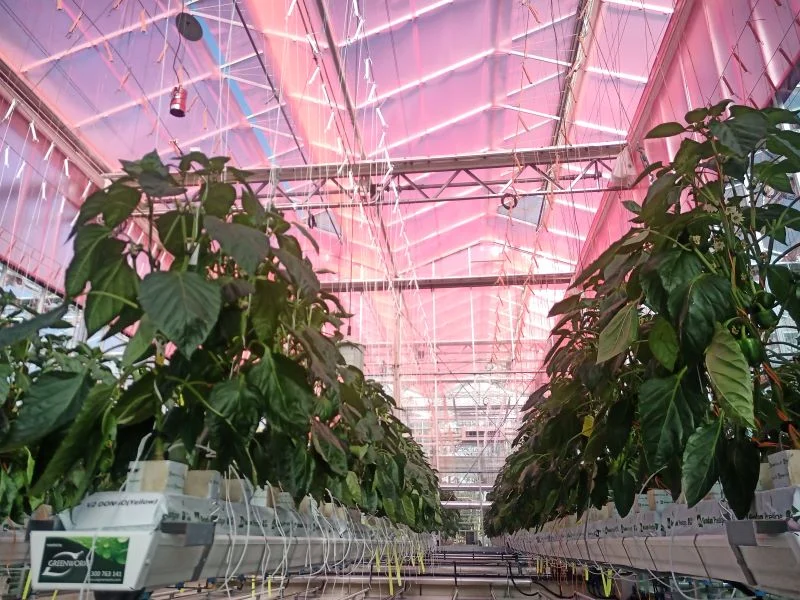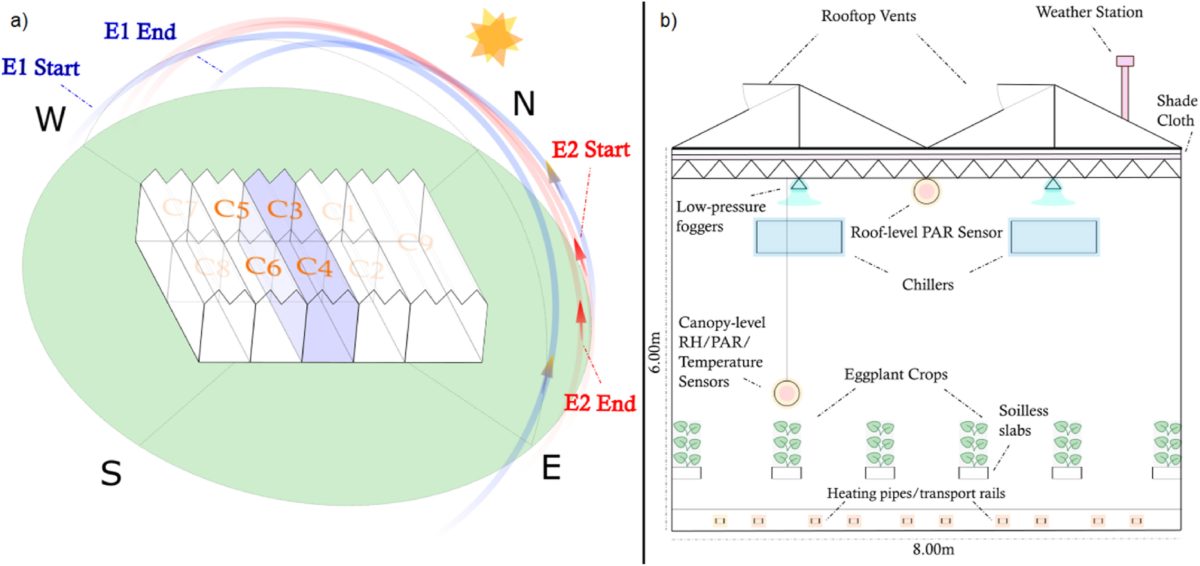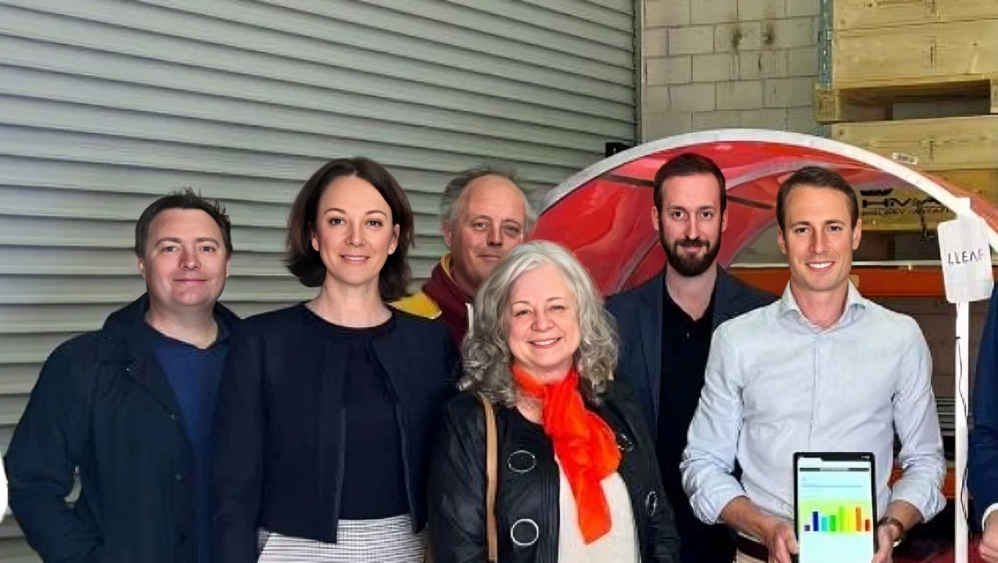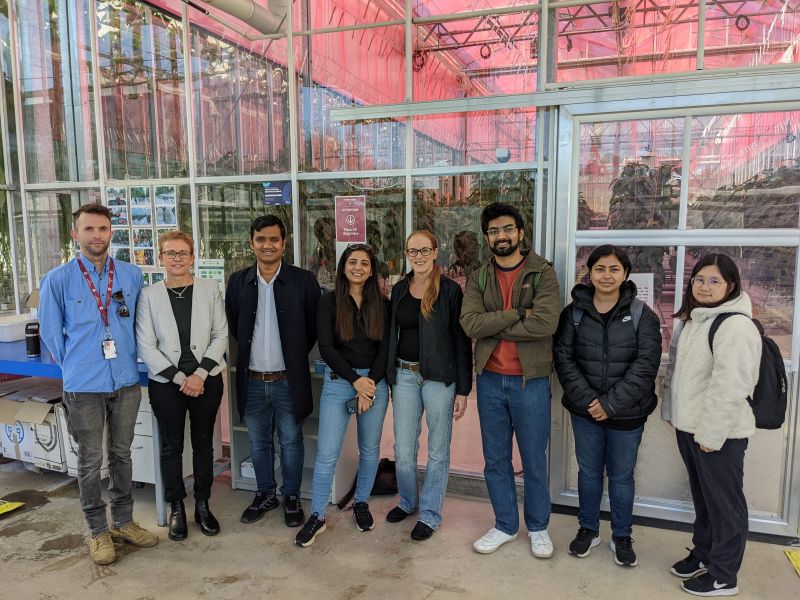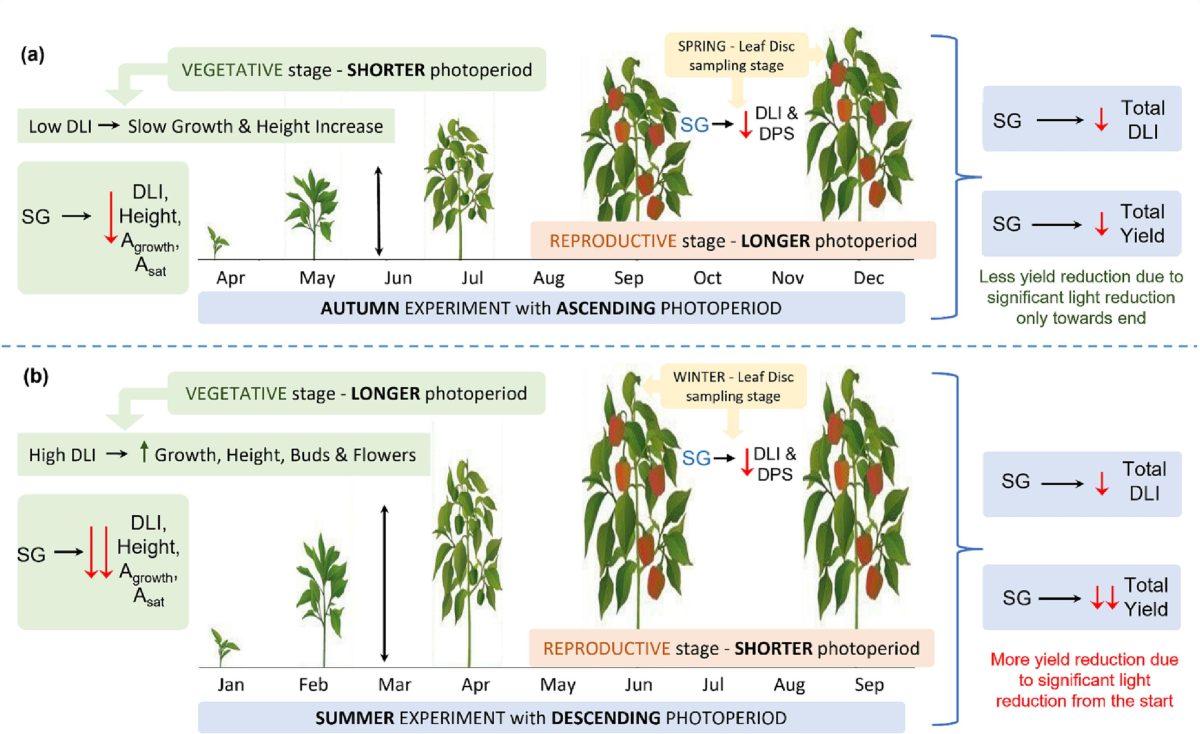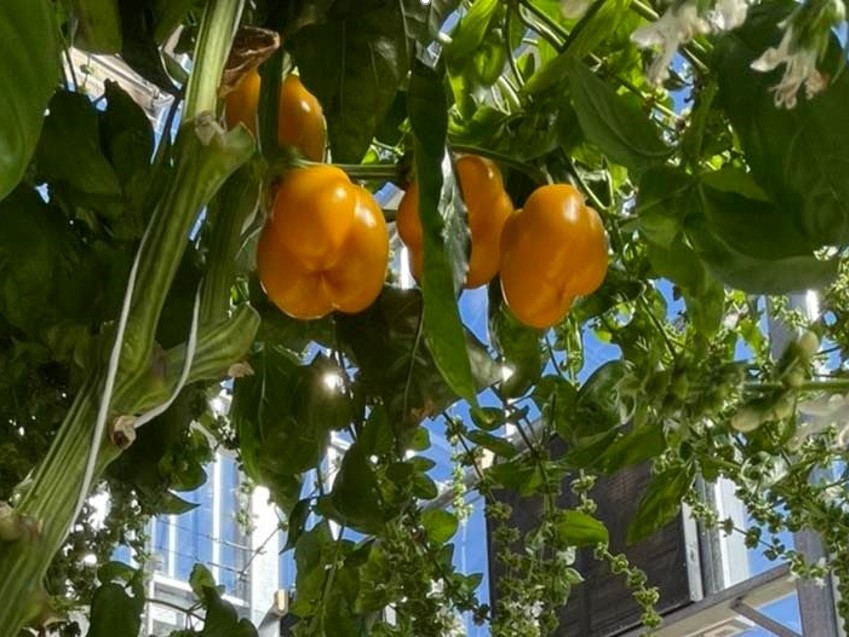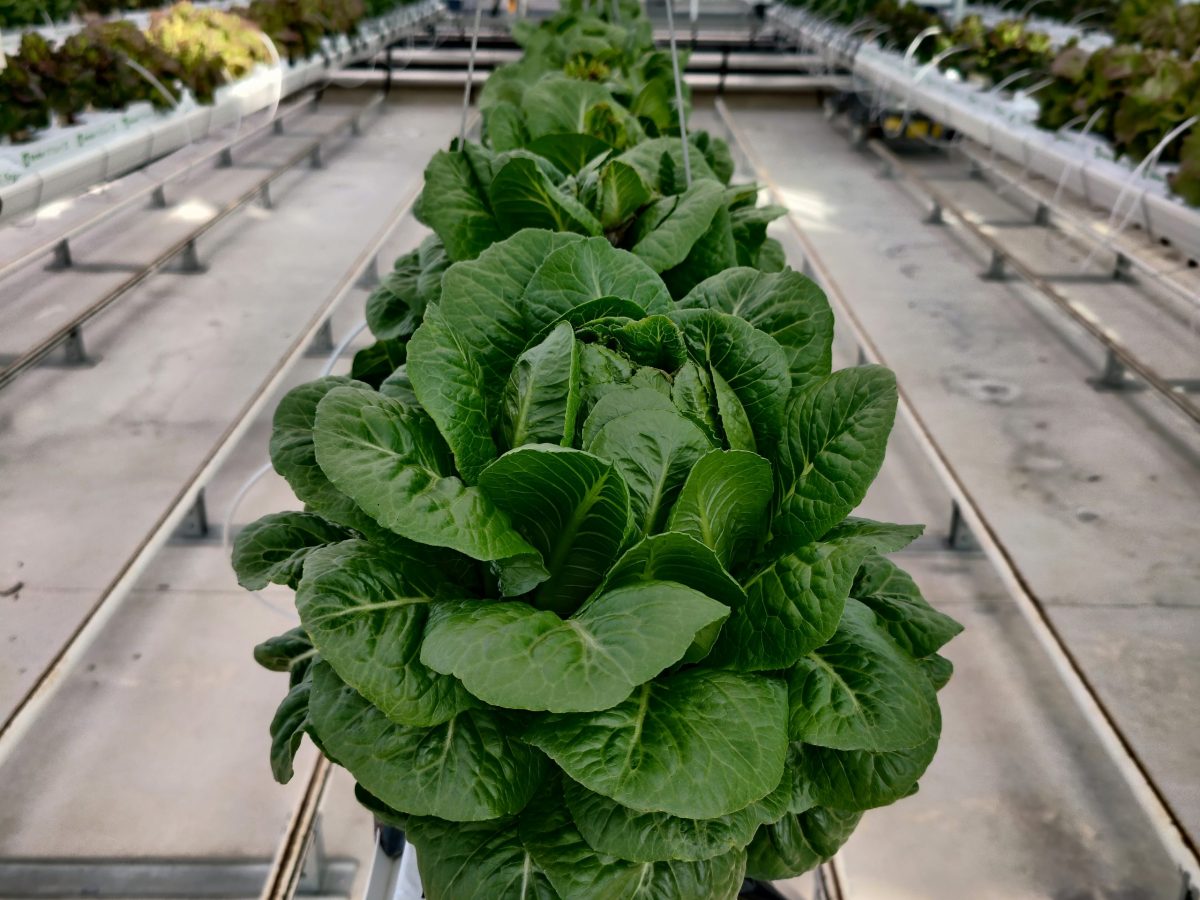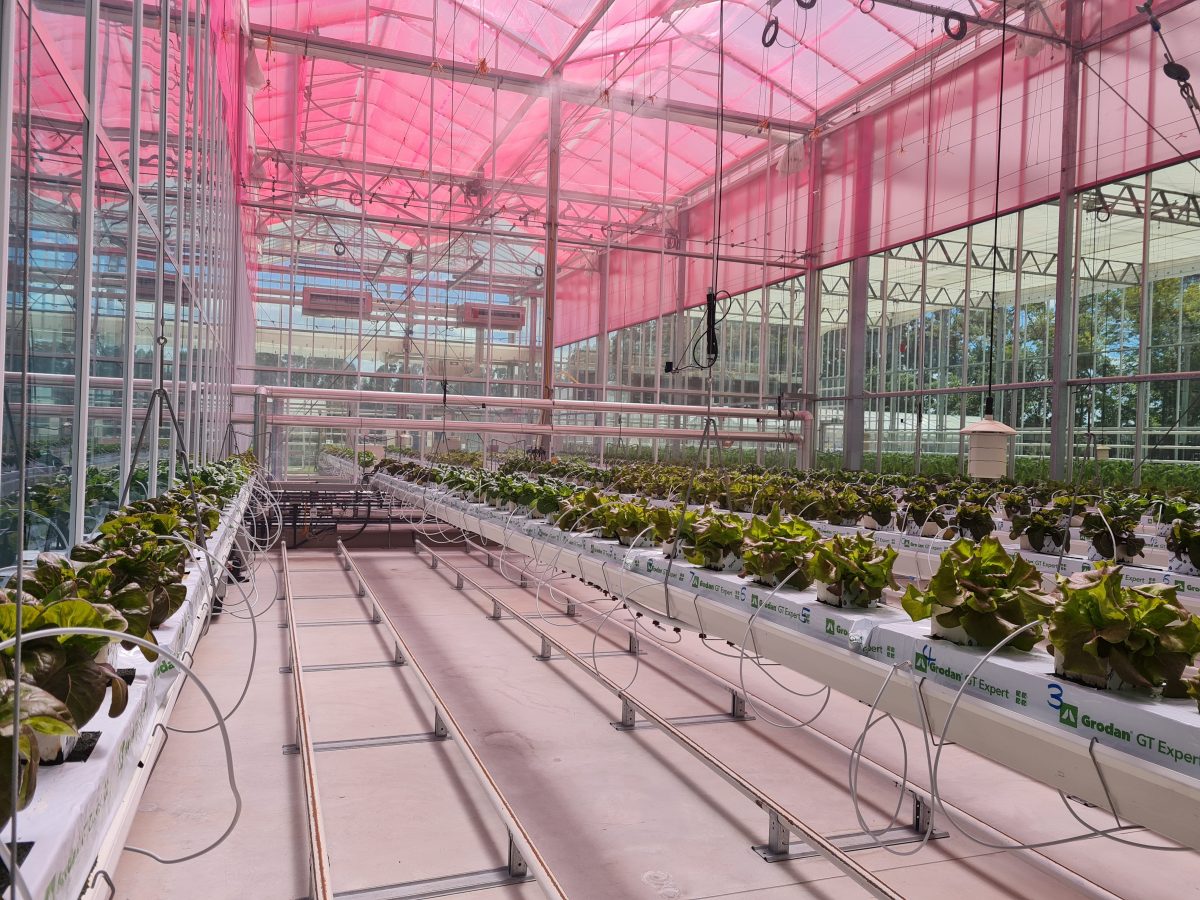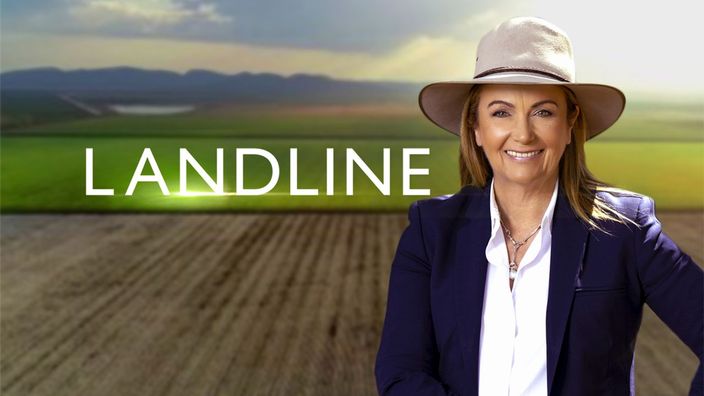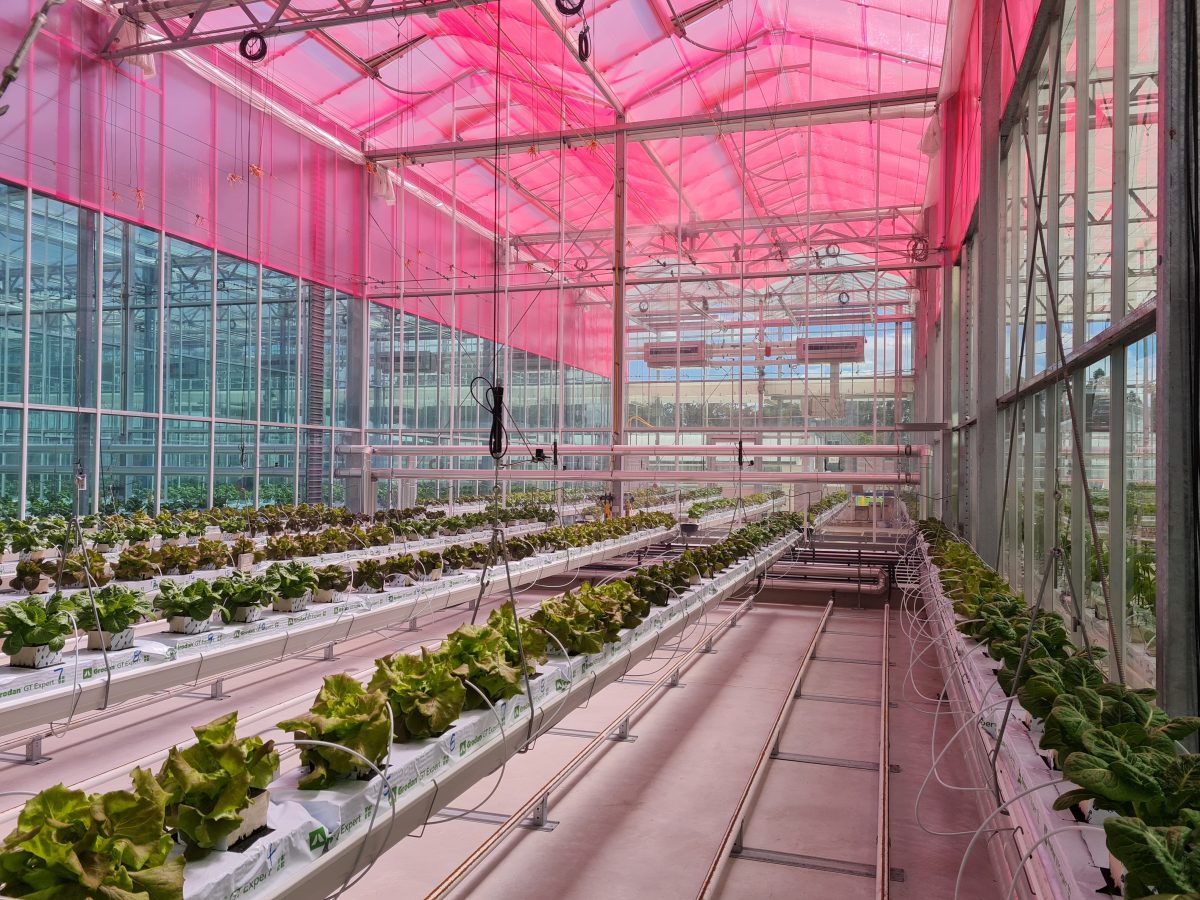Challenge Greenhouses are critical to addressing rising food demand, climate change, and land scarcity but face high energy costs, especially in hot climates. While technologies like Smart Glass (SG ULR-80) offer potential energy savings by filtering solar radiation, their real-world effects on plant growth, yield, and photosynthesis remain largely untested across different crops. Without robust validation, growers risk energy-efficient solutions that compromise productivity.
Solution Western Sydney University, through the Future Food Systems CRC and Hort Innovation, extended its HIA-funded project (VG16070) to trial Smart Glass and a new light-shifting film (LLEAF-Red) at the National Vegetable Protected Cropping Centre. Trials with three lettuce varieties assessed impacts on energy use, crop physiology, yield, and quality. Building on earlier eggplant and capsicum studies, the project also included economic and life cycle analyses to evaluate commercial potential. Industry engagement through AUSVEG, Protected Cropping Australia, and other networks supports pathways for adoption.
Impact The project provides clear insights to help growers select technologies that optimise both energy efficiency and crop productivity. It demonstrates the trade-offs between different films and crops, guiding industry adoption of sustainable materials that boost farm profitability and reduce reliance on imported technologies. The findings position Australia to lead in sustainable, high-tech protected cropping.


